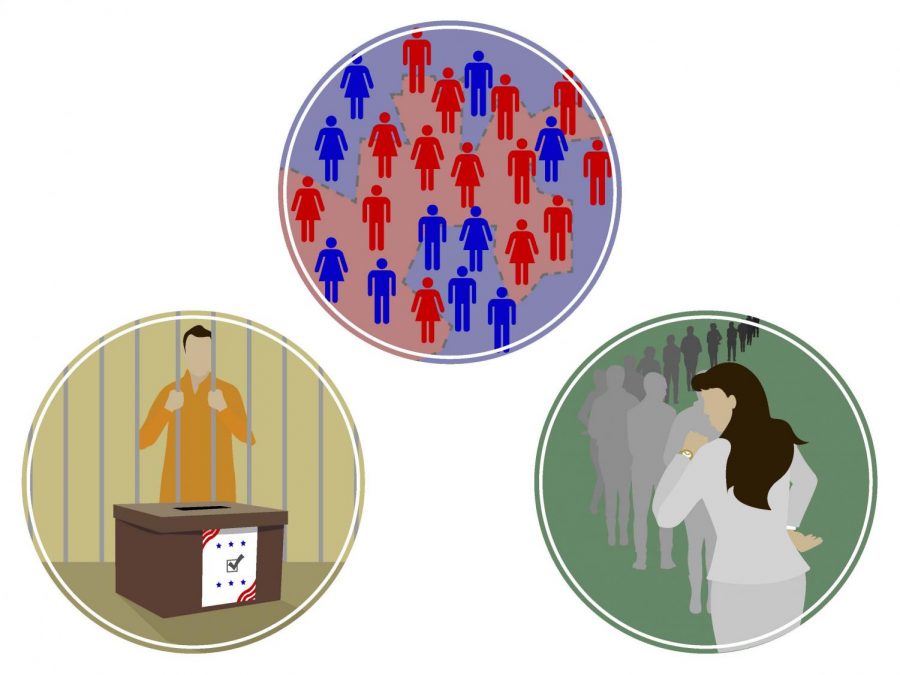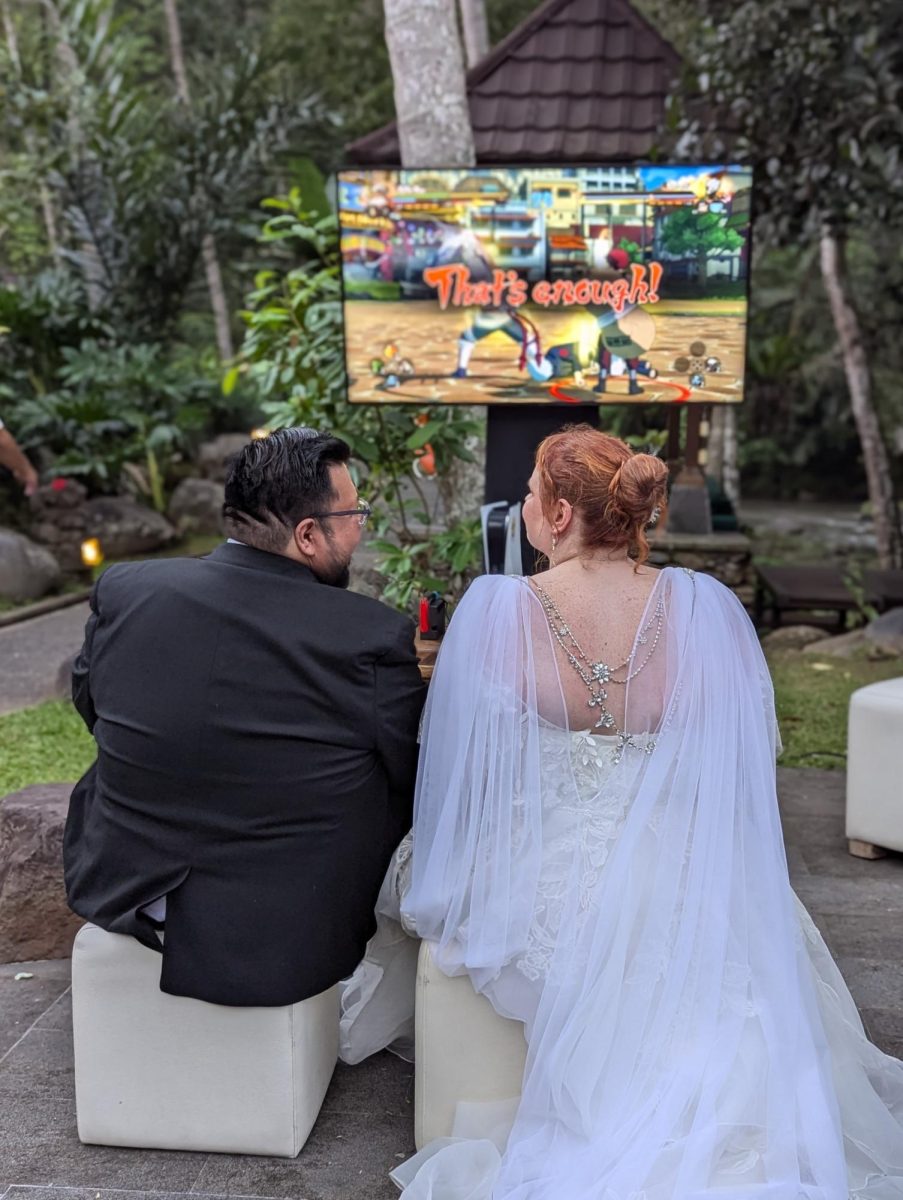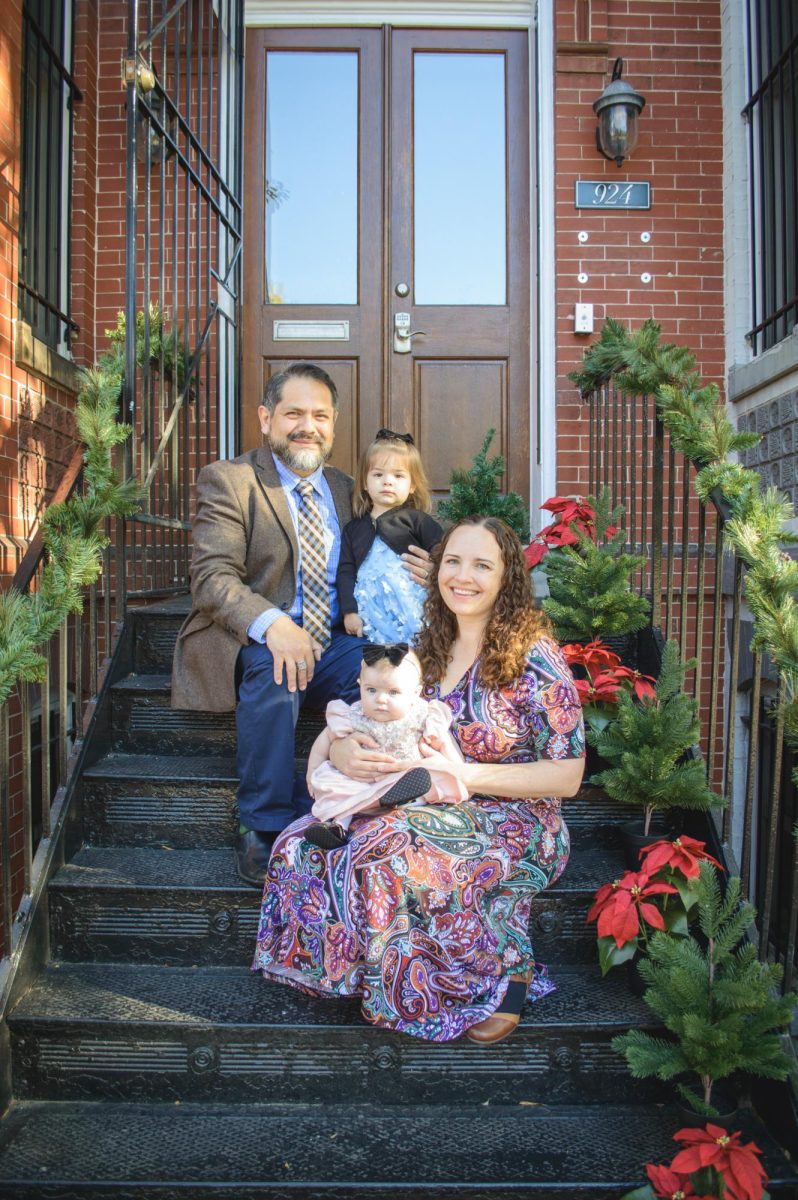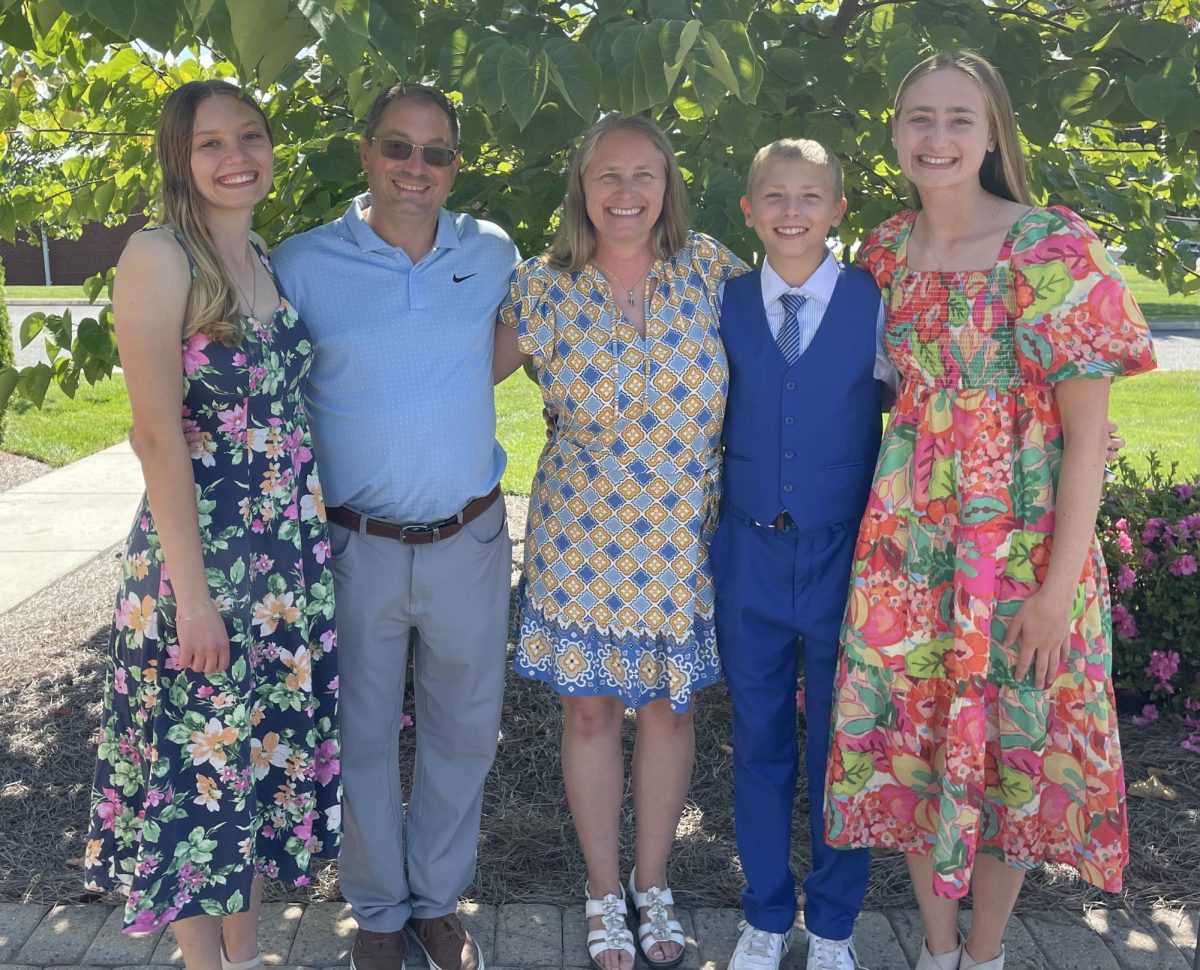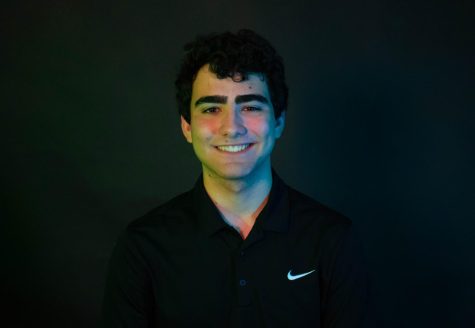For Floridians who love Walt Disney World, long waits are a familiar part of the experience. But while many theme park goers are used to spending hours in line, having to wait hours to exercise a basic right of democracy is a little less welcome.
Voter suppression is any attempt to sway the results of an election by discouraging voting, and it’s often about making the process more difficult rather than outright fraud. The Guardian reports that when Georgia opened early voting for the 2020 election, some voters were forced to wait over ten hours due to a lack of polling stations and election staff.
“How many people can wait in line for four and a half hours?” social science teacher Brandon Burmeister said. “It’s trying to make voting not illegal, but so difficult that you’re causing voters to give up on the process.”
Ever since the 15th Amendment was passed in 1869, giving African-American men the right to vote, there have been measures to stop the enfranchisement of voters. Slate Magazine explains that policies such as literacy tests, poll taxes and purposefully obstructive rules were all designed to scare and discourage newly allowed voters from exercising that right.
While the suffragette movement gained voting rights for women and the Civil Rights Act of 1965 helped end many of these discriminatory policies, recent rulings have brought them back into focus. According to The Carnegie Corporation, in 2013, the Supreme Court ruled against key provisions of the act, which paved the way for over 23 states to create new obstacles for voters by the 2018 midterm elections.
Florida, in particular, has become a battleground for these tactics. The 2000 election between Democratic candidate Vice President Al Gore and Republican candidate Texas Gov. George W. Bush is still the subject of intense controversy, with analysts debating the Supreme Court’s halting of a Florida recount and arguments over ballot policies. However, according to an August article in The New Yorker, over 20,000 voters (40% of whom were African American) were incorrectly flagged as felons before the 2000 election, and blocked from voting without any warning from the state. Twenty years later, not only has voter suppression shaped the modern history of Florida, but the same battles are being fought once again.
Despite the Democratic Party having over 250,000 more registered voters in the state, Republicans have controlled the Governorship, State House and State Senate since 1999, which as The Atlantic reports, has allowed them to use judicial and legislative control to fuel further suppression tactics for primarily democratic constituencies. As the New Republic explains in October, “plenty of those tactics, especially gerrymandering and disenfranchisement of minorities, have been underway for decades, but Republican anti-democratic fervor really kicked into overdrive in the Tea Party era under [Rick] Scott.”
Republican leaders have not only reduced early voting, but would often claim election victories before results were in. These changes were often portrayed as part of “civic spirit” and an effort to prevent voter fraud, which The Brennan Center for Justice reports occurs at around a rate of .0003%. Now, one of these tactics is becoming a pivotal fight in the 2020 election.
When Florida voters approved Amendment 4 in 2018 by a 2-to-1 margin, it promised to be the greatest act of voter enfranchisement since the 1965 Voting Rights Act. The Washington Post explained that the amendment would allow non-violent, rehabilitated felons to vote, enfranchising over 1.4 million voters and re-shaping the politics of the state. Gov. Ron DeSantis soon warned that the language of the amendment would be subject to modification.
“There’s no way you can go through this session without implementing [language],” DeSantis said in 2018 after voters approved the amendment.
Those modifications ended up largely reversing the amendment. According to the Tampa Bay Times, possibly in response to these new voters registering overwhelmingly Democratic, Republicans passed an amendment in 2019 barring rehabilitated felons from voting if they still have unpaid court costs and fees, accounting for over 88% of the group. However, The Hill explains that felons have no way of knowing how much or even if they owe fines, drawing national outrage and comparisons to the poll taxes of the Jim Crow Era South.
“At this point in time, we’re kind of going back to the type of voting system that we had previously in Jim Crow,” Burmeister said. “Now you’re not having as radical Jim Crow stuff as you had, but you have the states basically unencumbered to try to do what they want with your vote.”
Activist groups aren’t giving up though. NPR details that billionaire Michael Bloomberg donated $16 million for attorneys and court fees, which Florida’s Attorney General recently called for an investigation of. In addition, organizations like the Florida Rights Restoration Coalition have acted as a source of help and support for the voters, even though the projected cost of paying off these court fees is estimated at over $1 billion.
“Forward momentum has been going on for over 100 years to make sure that if American citizens want to vote, they should be able to vote,” Burmeister said. “That’s what makes democracy function, that’s the way that people have their voice, and that’s what keeps government officials accountable to the people.”




